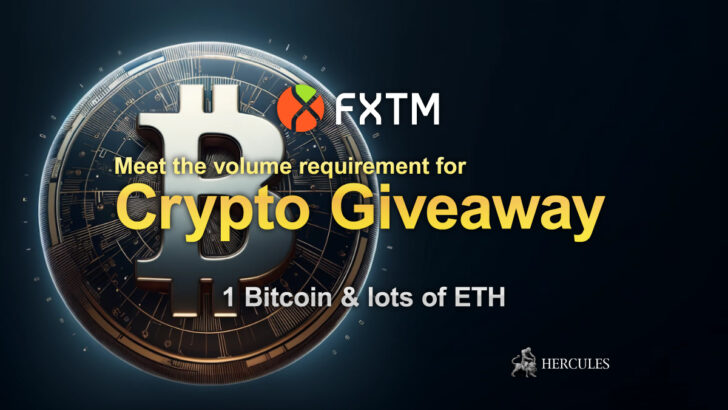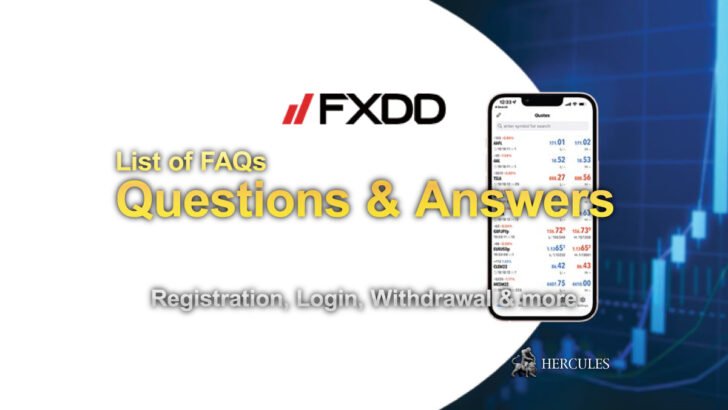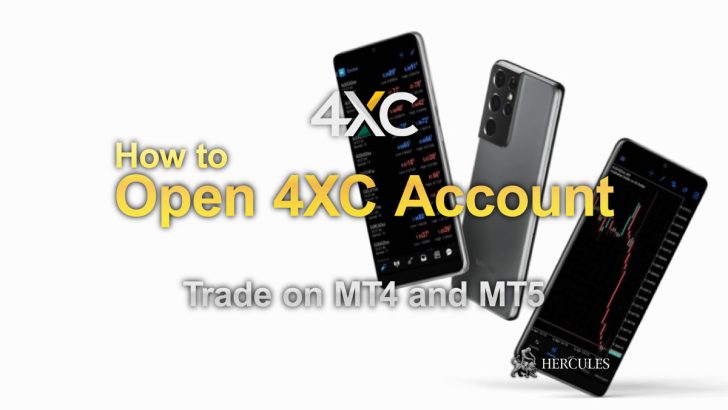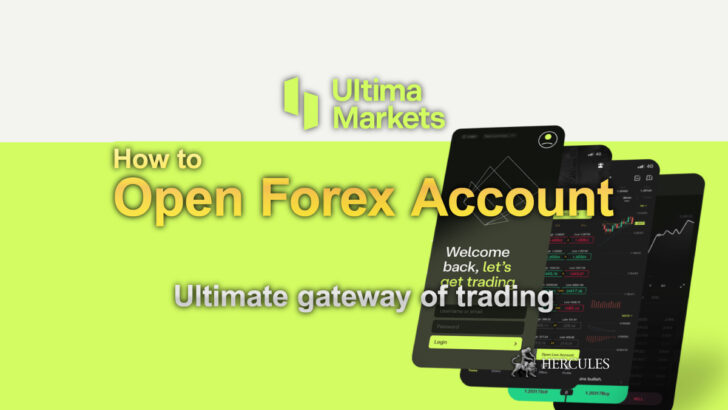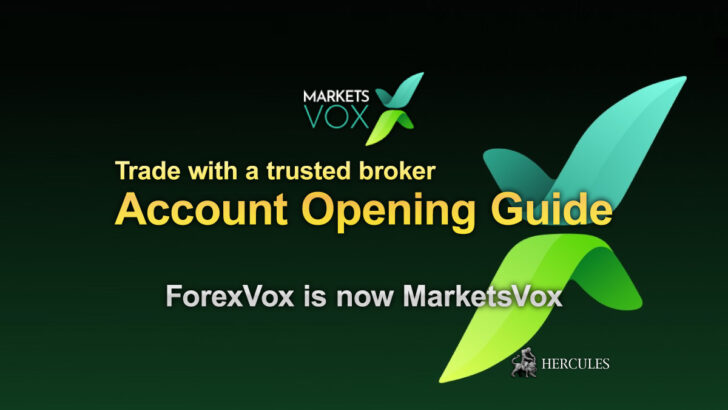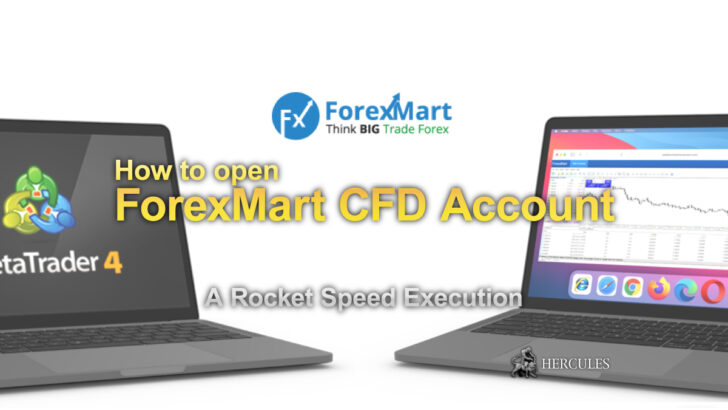Question: What exactly is OTC (Over-the-Counter) Forex market?

The Forex market is the world’s largest financial market with a daily currency turnover of US $5 trillion.
This is way above the combined daily volume of equity markets pegged at $30 billion.
Being an OTC market, there is no central clearing house that regulates currency trading unlike in the stocks and futures exchange.
This over the counter structure eliminates fees for exchange and clearing thereby reducing transaction costs.
The costs are further lowered as a result of efficiencies created by an electronic marketplace. As no middlemen and ticket costs are involved, traders deal directly with market makers.
Traders have direct access to the OTC spot Forex market 24 hours a day.
This, therefore, allows investors to respond to currency fluctuations caused by economic, social and political events as they take place without having to wait for markets to open.
Unlike in a stock market where traders need to choose a trade timing and in equity markets that close each day, a Forex market gives investors a chance to maintain their jobs or businesses and spend their free time trade sitting in the comfort of their home or office.
Also, if an individual failed to take part in the stock market due to commitments, he can still trade in the OTC Forex market when he has free time or even in the middle of the night.
With an OTC Forex market, there’s no closing time as the market is open round the clock, 5.5 times a week.
Another feature of an over the counter market is that it allows traders and investors to trade foreign exchange using various means of communication.
As it’s entirely electronic in nature, an OTC Forex market enables traders to enter and exit the market quickly.
While there can be delays between order submission and execution in other markets, the OTC Forex orders occur right away.
OTC Forex Market grows with Internet
A trader can choose to use either the internet or telephone, whichever suits him in trading currencies.
With the internet – whether by cable, modem or dial up — a trader can fix his exit points via the stop-loss order and take-profit order.
In other words, if the trade is not proceeding favorably, a trader can set his platform to stop the trade and close the deal to lessen his losses.
The advancement of technologies has indeed opened up opportunities for small investors to participate in currency trading.
The internet, for instance, has allowed traders to buy and sell currencies even in the comfort of their homes any time of the day and night.
The Forex OTC market has a bright future.
Experts foresee the market to grow more as other investors and new Forex users enter the field.
A 2006 study done in the Pennsylvania State University showed that more than 85 percent of stock traders prefer the Forex market more than the other markets.
See the List of Online Forex Brokers
Now let’s get into more about “Foreign Exchange” market.
We will explain more with 4 more sections as below:
- How OTC Foreign Currency Exchange works? How it is traded?
- Why currency prices are changing? What is the factor?
- What are Futures and Options investment?
- What is “Managed Futures” Investment?
Are you already interested in trading Forex online and want to start today?
Don’t forget to check out the latest Promotions from below. There are promotions which you can get Bonus for Free and start trading FX without risking your own funds. (See the list of No Deposit Bonus)
List of Forex Bonus Promotions
1. How OTC Foreign Currency Exchange works? How it is traded?
The Forex market is the largest financial market in the world participated in by a huge volume of traders who buy and sell currencies.
Daily currency trading transactions amount to US $5 trillion, a far cry from the combined volume of transactions in equity markets at only US$30 billion.
Previously, participation was only limited to banks, hedge funds and major currency dealers.
But with the persistence of small financial institutions and the advent of the internet, the foreign exchange market has allowed the trading of currencies at the retail level.
With the internet and the development of various proprietary software, numerous interested traders around the globe can now take part in the Forex market.
How it works?
Foreign exchange takes place 24 hours a day, five times a week.
Currencies that are commonly traded include the Japanese Yen, US Dollar, Euro, Swiss Franc, Canadian Dollar, British Pound and Australian Dollar.
They are also called by trader as the majors and account for more than 85 percent of the daily Forex transactions.
It is a standard procedure that currencies are traded in pairs. For example, the Japanese Yen is paired with the US Dollar, the Euro with the English Pound.
If an investor, for instance, feels that the US Dollar’s value will increase against the Yen, he or she will likely sell Yen and buy US Dollars.
With the movement of currencies, profit is always possible even if there’s only a small change.
This is so because in every transaction, huge amounts of money are involved.
Where Forex transaction occurs?
Forex does not involve any central exchange unlike other financial markets which trade in a specific location.
Instead, several trading centers around the world exist notably in London, Tokyo, Singapore, New York and Hong Kong. Some 5,000 trading institutions are involved in Forex such as international banks, commercial companies, government banks and brokers for the various types of foreign currency exchange.
Complete Forex trading is done electronically either via the telephone or the internet. Online trading over the internet is now the most popular form of Forex trading today. This technology is an advantage because apart from the convenience it provides, it has also lowered transaction costs. Another benefit is its transparency attributed to the development of online trading platform.
The foreign exchange market is dynamic and will remain so. It is also stable despite the sudden falls it experiences every now and then. This is because when the value of one currency falls, what happens is the value of the other currency normally rises.
High liquidity is another advantage of the Forex market. Compared to the New York Stock Exchange, the daily trading volume in the Forex market is estimated to be 50 times more. Additionally, there will always be traders taking part in the buying and selling of foreign currencies resulting in extreme liquidity and price stability.
2. Why currency prices are changing? What is the factor?
The Forex market is mainly based on speculation without any physical exchange of currencies.
The reality is that 80 percent of trades are purely speculative based on the opinions expressed by people on economic and political situations.
Only 20 percent of the market facilitates the exchange of various currencies specifically for multinational firms that regularly trade currencies.
Forex involves the trading of seven most liquid currency pairs.
These are the Euro-US Dollar, US Dollar-Japanese Yen, British Pound-US Dollar, US Dollar-Swiss Franc which comprise the four majors and the Australian Dollar-US Dollar, US Dollar-Canadian Dollar and New Zealand Dollar-US Dollar which are the three commodity pairs.
Vital factors of Currency Market Price movement
Every currency has a value in relation to other existing currencies and this value fluctuates every now and then.
With currency trading, big quantities of currency are being purchased and sold thereby creating movements in the value and enabling profit.
The fluctuation of a currency’s value is attributed to two major factors — real market and speculation.
A classic example of a real market is when an investor or visitor converts his country’s money into the currency of the country they are buying from.
Additionally, people need to purchase foreign currency which they will need to use in spending or investing abroad.
The sentiment of investors concerning money also impacts currency fluctuation.
When investors feel that a certain currency will be strong or weak, they will buy or sell according to this feeling.
This is termed speculation and this influences a national currency and eventually, a country’s economy.
Foreign exchange is not controlled by any governing body.
Self regulation among traders is what controls the market.
Trades take place directly between participants based on credit agreements.
Participants only compete with each other and they also cooperate with each other.
Previously, the Forex market only had big multinational companies, financial institutions and hedge funds as major players.
However, with the advancement of technologies in the recent years, the market has provided opportunities to all types of investors.
In fact, thanks to the internet, retail traders can now take part in currency trading.
What Forex Investment is so popular?
Compared to other equity trading such as the stock exchange and futures, currency trading has far more benefits.
Firstly, the spreads of foreign exchange are very low which translates to a low cost to the trader.
Secondly, the trader can earn huge profits on a certain exchange as the currency market’s volatility is very high.
Another important aspect that investors need to know is that no commissions can be gained from the Forex market.
Being a market based on principals only, Forex firms involve only dealers and not brokers.
Dealers don’t charge commission as they earn profits through the so-called bid-ask spread.
See the List of Online Forex Brokers
3. What are Futures and Options? How different from Stocks?
These derivatives have their own unique characteristics that make them different from stocks, bonds and other traditional investment products.
Futures Contract explained
A futures contract or simply futures is a standardized and tradable contract which involves the delivery of the underlying asset at a specific price and at a specified future date.
The future date is referred as the delivery or final settlement date while the pre-set price is known as the futures price.
The settlement price, on the other hand, refers to the underlying asset’s price on the delivery date.
Futures are different from options in that buying a futures contract gives a trader the obligation to buy the underlying asset.
There is a greater risk involved.
Different kinds of futures exist as there are various kinds of tradable assets.
Different futures markets also exist in specific underlying commodity markets such as the foreign exchange, money market, bond market, equity index market and soft commodities market.
Futures were first introduced as an insurance mechanism for farmers and manufacturers who wanted to set a fixed price for crops at a future date.
The contracts on financial instruments, however, were introduced in the 1970s courtesy of the Chicago Mercantile Exchange (CME).
As they were highly successful basing on trading volume and accessibility to global markets, these instruments eventually overtook commodities futures.
This development resulted in the introduction of a wide range of new futures exchanges around the world.
These include the London International Financial Futures Exchange introduced in 1982 as well as the Deutsche Terminborse and the Tokyo Commodity Exchange.
Today, trading takes place in more than 75 futures and futures options exchanges globally.
Some major advantages of futures are its leverage, lower initial outlay, and profit from rising and falling markets, flexibility, transparency, variety and lower transaction fees.
Options Contract explained
Options can be traced to the development of the law of contract in the medieval period.
Since then, they have been used to improve trade involving agricultural produce, imports and manufactured products.
An option enables a trader to buy or sell the underlying asset without the need to buy any obligation.
The right to buy an underlying asset is known as a call option while the right to sell is referred as a put option.
An option contract stipulates the price at which you can buy or sell the underlying asset, also called the strike price and the expiry date.
After the expiry date, the option is no longer valid.
In Indian markets, for instance, they have a fixed expiry date which is the last Thursday of every month.
Options are categorized in to the American and European.
American options can be exercised at any time before the expiry day while the European can only be exercised at the expiry date.
Huge risks and extreme volatility are involved when dealing with futures and options.
It is, therefore, best for traders not to be always complacent even when using the most advanced trading systems.
Investment decisions should be based on different sources instead of just a single one.
Additionally, extensive research and analysis from various sources are vital before making a final decision.
See the List of Online Brokers to trade Stocks
4. What is “Managed Futures” Investment?
Are you looking to diversify your portfolio?
Interested in a futures investment, but want a professional to do the trading for you?
An alternative investment, managed futures account may be just what you seek.
What are Managed Futures?
A managed futures account, run by a professional money manager known as a Commodity Trading Advisor (CTA), offers exposure to a wide array of financial and physical commodity futures markets traded around the world.
The appointed investment firm will help you research and choose a CTA to trade these accounts on your behalf.
You can even open an account through an IRA.
When you choose a managed futures account, you won’t have to micro-manage every trade.
Your chosen commodity trading advisor will monitor the markets for trading signals and manage all trading decisions for your account.
Reduce Portfolio Volatility with Commodity Futures
Many investors choose managed futures to reduce volatility in their overall investment portfolio.
There’s a relatively low correlation between the performance of managed futures and stock prices or interest rates.
Through a managed futures investment, you’ll have access to futures markets around the globe.
Commodity trading advisors invest in financial futures, including stock indexes such as the Standard & Poor’s 500 or the Nikkei 225, interest rate vehicles such as U.S. Treasury notes or the German bund, or currencies such as the euro or yen.
Traditional commodity markets traded include crude oil, gold, wheat or soybeans.
Unlike other asset classes, where profits depend solely on price appreciation, opportunities in commodity futures trading exist in both rising and falling markets.
Strategies using options on futures contracts seek to find opportunities in flat or neutral markets.
Learn more about managed futures, and read academic research.
Managed futures involve risk of loss and may not be suitable for all investors.
Use Managed Accounts for Your Search
When you choose a managed futures investment, you delegate responsibility for your decision making to a professional money manager.
There are literally hundreds of CTAs offering hundreds of managed futures programs.
Most are diversified, but some specialize in particular industry sectors, such as financial or agricultural markets.
Speak with one of our professionals to assist you in making an educated decision about choosing the right money manager for you.
Managed Futures – A Subset of Hedge Funds
As an alternative investment, managed futures are often considered a subset of hedge funds.
However, unlike many hedge funds, they concentrate in futures markets–not trading in cash equities.
That can offer you an added layer of diversification to your traditional equity portfolio.
Both hedge funds and managed futures can take long and short positions in a variety of global markets.
But if you are looking for specific exposure to the futures markets, with the added security of primarily exchange-traded markets, managed futures may be the right choice for you.
